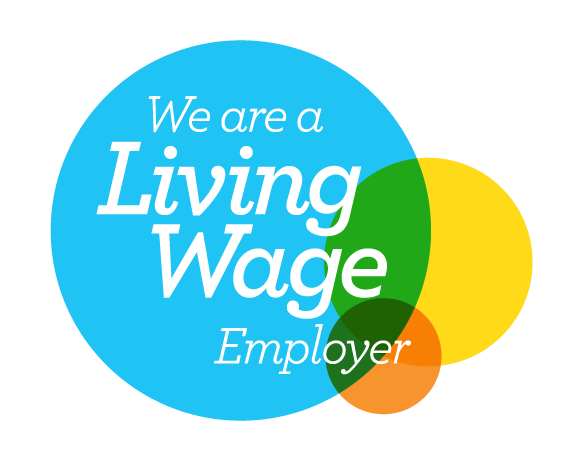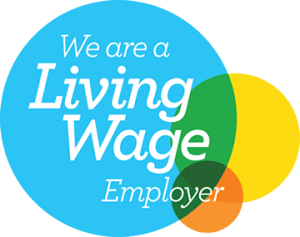What is SECR? Our Qualification Guide
What is SECR?
The Streamlined Energy & Carbon Reporting (SECR) scheme was first introduced in the UK in April 2019, and initiated changes to the Companies (Directors’ Report) and Limited Liability Partnerships (Energy and Carbon Report) Regulations SI 2018/1155. The launch of SECR coincided with the closure of the Carbon Reduction Commitment, and was part of the UK government’s ongoing commitment “to help businesses to improve energy efficiency and reduce carbon emissions.”
SECR aims to build on other nationwide mandatory energy and carbon reporting schemes like Energy Saving Opportunities Scheme (ESOS) and Green House Gas reporting (GHG).
In 2019, it was estimated that approximately 11,900 organisations would need to comply with SECR – including all quoted companies, large unquoted companies and limited liability partnerships (LLP). The definition of ‘large’ is the same as in Companies Act 2006.
The company must satisfy at least two of the following conditions:
- More than 250 employees
- Have an annual turnover £36 million or more
- Have a balance sheet £18 million or more
Large companies which use less than 40 000 kWh in a year can opt out.
What do companies need to report?
Quoted companies must report their global energy use (in kWh), in addition to their scope 1 & 2 emissions (in CO2), created from activities for which the company is responsible i.e. the operation of its facilities. This includes the annual emissions from the purchase of electricity, heat, steam or cooling for its own use. Scope 1 also includes any fugitive emissions e.g. from air conditioning units.
Large unquoted companies, as well as LLPs must report (as a minimum) their UK energy use (electricity, gas and transport in kWh) in addition to any associated greenhouse gas (GHG) emissions, in tonnes of CO2 only. Transport energy includes fuel directly used by the company, such as: onsite vehicles; company owned/leased vans and cars, including rental cars or employee-owned vehicles, where the organisation are responsible for purchasing the fuel. It does not include fuel associated with air, rail or taxi journeys that the company does not operate, or fuel for the transportation of goods contracted to a third party.

All companies must include their energy use and GHG emission figures from the previous year. In addition, an emissions “intensity metric” will have to be provided, such as the amount of CO2 released per tonne of production or product sold, or per £ turnover, or per FTE staff. The intensity metric can be chosen by the company and multiple can be used.
The methodology used to gather the SECR data must be stated. This may already be partially captured in the records for ESOS compliance, and any management systems (ISO14001 and ISO 50001) monitoring. There are also internationally recognised Guidance/Standards, such as the
Greenhouse Gas Protocol, which can be used as a methodology for ensuring compliance with SECR requirements. Any energy efficiency measures taken during the year should also be included in the report.
Organisations can choose whether or not to report their Scope 3 emissions, this includes the emissions from their supply chain or downstream from their sites e.g. waste disposal.
Companies
in scope of the legislation will need to include their energy and carbon information in the first annual directors’ report (accounts) submitted to Companies House that covers the financial reporting year starting on or after 1st April 2019. For example, if the reporting year is 1st January – 31 December, the first financial year for which the relevant report must comply with the new requirements is 1st January 2020 – 31st December 2020 i.e. the report filed covering this year.

Stop falling short of energy regulations
Our Policy Tracker can help you stay up-to-date with the latest climate & energy related policy, legislation and regulation available in your industry.
BOOK YOUR 30-MINUTE ENERGY MANAGEMENT CONSULTATION
Fill in your details below to arrange a complimentary consultation with one of our experts. They will give you bespoke advice to help your business achieve all its energy needs, reducing cost, consumption and carbon.











